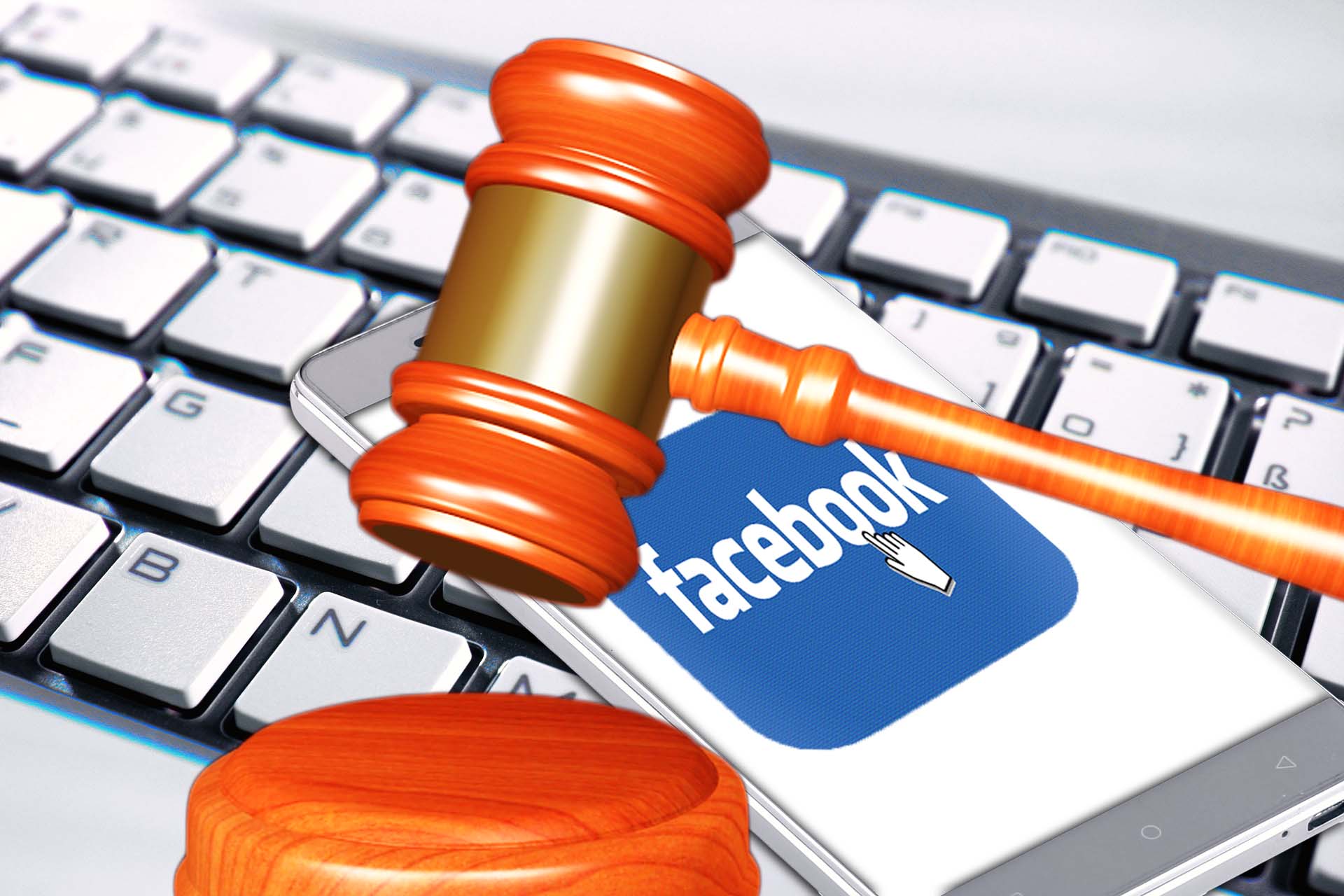An interesting article written by Mr Jamie Fellows, Law Lecturer in at James Cook (www.jcu.edu.au/…/artic…/are-you-breaking-the-law-on-facebook).
Think that because it’s on the internet it’s OK for anyone to use? Think again. JCU Law lecturer Jamie Fellows explains the ins and outs of social media and copyright.
Most of us use social media. A big part of the way we engage with social media is through the use of sharing information on popular social media platforms such as Facebook, YouTube, and Twitter. Often people will download material such as movies, music, photographs and written text for their own use or will re-post that material online to one or more social media sites.
Without even being aware, the way we use that material online may have severe legal consequences for us. The way in which we share this material online throws up a number of challenges when it comes to the law. One of these challenges relates to the issue of copyright.
A breach of copyright can have serious consequences for not only the person who breaches copyright but it can also affect the person who owns the copyright and has severe consequences for the Australian economy.
What is Copyright?:
Copyright is an area of law that protects a person’s ‘intellectual property rights’. Intellectual property rights are rights over certain types of property such as films, sound recordings, broadcasts, and other published works. In Australia, copyright is protected through the Copyright Act 1968 (Cth) (‘Copyright Act’). Section 31 of the Copyright Act prohibits others from:
*copying or reproducing the work;
*making adaptations of the work;
*publishing the material;
*performing in public using the material; and
*broadcasting to the public the relevant material.
What does Copyright protect online?:
There are many materials online that are protected by copyright. Parts III and IV of the Copyright Act protect a range of materials that fall within the broad categories of:
*literary works;
*dramatic works;
*musical works;
*artistic works;
*sound recordings;
*films;
*television broadcasts; and published editions.
Examples of materials that fall within those categories could include a range of items such as magazines and journal articles, online images, online games, paintings, digital music, musical notation, e-books, novels, software code of a computer program and so on.
Duration of Copyright:
Since Australia signed a Free Trade Agreement with the United States, from 1 January 2005, copyright lasts for the life of the creator plus an additional 70 years. Some might argue that allowing a person to have a monopoly on these works for such a length of time is unfair, however the benefits that copyright provides, not only the creator but also society in general, are overwhelming.
Copyright Infringements:
Copyright can be infringed by a number of ways. Copyright infringement will invariably occur when a person acts in such a way that is inconsistent with the exclusive rights of the copyright owner. This might occur where, without the owner’s permission: a person uses, obtains or downloads copyright material; allows or helps someone else to infringe copyright; deals commercially with copyright material; or permits a place to be used for infringing copyright.
Remedies and Penalties:
There are a number of consequences for anyone who is found to have infringed copyright.
Firstly, the owner of copyright may be entitled to take civil action against those who infringed copyright. This might involve action commenced in the Federal Court of Australia. Such an action taking into account legal fees could prove very costly if the court orders costs against the party who loses the case.
Secondly, courts may order damages and/or an account of profits against the copyright infringer. These amounts are calculated on the basis of the amount the owner would have been able to receive from charging for the use of the material.
Thirdly, a copyright infringer may be ordered to deliver up any devices or materials that have been used in connection with the infringement. If such material has been sold, the court may charge conversions damages to the value of the infringing article.
Fourthly, criminal penalties may apply which could be up to 5 years jail.
Why have Copyright Law?:
The emergence of copyright law is nothing new. The need to protect intellectual creativity has been with us for hundreds of years. The underlying rationale for having these laws provides incentives for people to undertake risk, to invest their time and effort that, if protected, would contribute to the richness of education and culture.
What does this mean for me?:
If you intend to use material that is created by others (and therefore subject to copyright protection) in your personal website, blog or social media platform, you will need to seek permission or obtain a license first. Otherwise you could run the risk of breaching copyright and be subject to incurring a fine.
There may be times when you do not need to seek permission or obtain a license. For instance: if you intend to use the material for educational purposes, parody or satire; if you intend to provide a link to copyright material; if the material is in the public domain (which means that copyright has expired), then you do not need to have obtained permission or a license.
